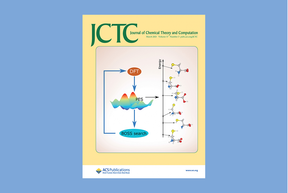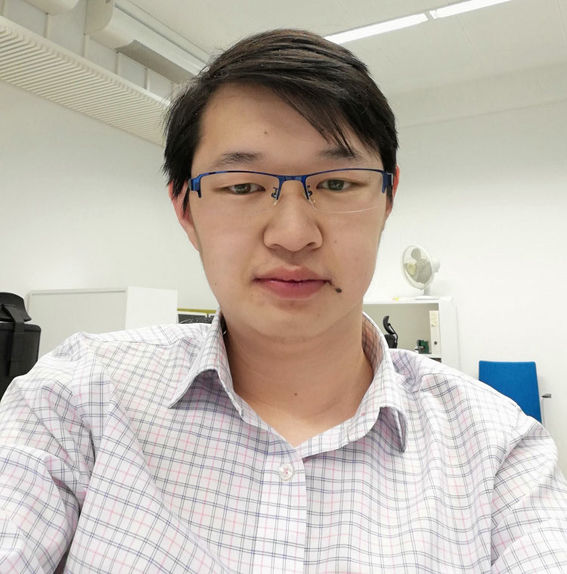New machine learning approach speeds up search for molecular conformers


Conformer search continues to be a topic of great interest in computational chemistry, drug design and material science. It is a challenging endeavor due to the high dimensionality of the search space and the computational cost of accurate quantum chemical methods needed to determine the molecular structure and energy. Previously, searching for molecular conformers meant that thousands of structures needed to be relaxed first. Therefore, this process took up considerable time and computational resources even when applied to small molecules.
A recent paper authored by Lincan Fang, Esko Makkonen, Milica Todorovic, Patrick Rinke, and Xi Chen proposes a molecular conformer search procedure that combines an active learning Bayesian optimization (BO) algorithm with quantum chemistry methods to address this challenge. BO active learning smartly samples the structures with low energies or high energy uncertainties, thus minimizing the required data points.
In this paper, the authors tested the procedure on four amino acids (cysteine, serine, tryptophan and aspartic acid). After only 1000 single-point calculations and approximately 80 structure relaxations, which is less than 10% of the computational cost of the current fastest method, the team found the low-energy conformers in good agreement with experimental measurements and reference calculations.
First author Fang now plans to extend the method to search for structures of molecules that are bonded to nanoclusters.
This research paper is published in the Journal of Chemical Theory and Computation and has been selected as a supplementary cover of the issue.
Read more news

Apply Now: Unite! Visiting Professorships at TU Graz
TU Graz, Austria, invites experienced postdoctoral researchers to apply for two fully funded visiting professorships. The deadline for expressions of interest is 20 February 2026, and the positions will begin on 1 October 2026.
Hanaholmen’s 50th anniversary exhibition lives on online – making the history of Finnish–Swedish cooperation accessible worldwide
MeMo Institute at Aalto University has produced a virtual 3D version of the anniversary exhibition of Hanaholmen.Soil Laboratory Exhibition – Exploring the Dialogue Between Human and the Earth in Utsjoki
Soil Laboratory explores the relationship between humans and the earth as a living landscape through ceramic practices in Utsjoki.






